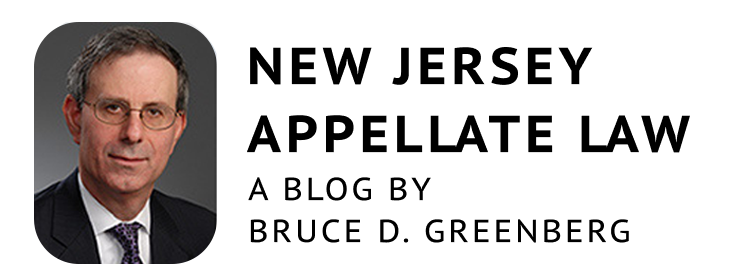In re Opinion No. 745 of the Supreme Court Advisory Committee on Professional Ethics, __ N.J. ___ (2025). Rule 1:39-6(d) creates an exception to the general principle, embodied in Rules of Professional Conduct (“RPC”) 7.2(c) and 7.3(d), that New Jersey attorneys may not pay referral fees, with only limited exceptions. The exception in Rule 1:39-6(d) permits only attorneys who have satisfied the requirements of becoming certified by the Supreme Court in a particular area of practice to pay referral fees.
That key distinction, as well as the plain language of Rule 1:39-6(d), led the Court to reverse Opinion No. 745. “Although both [Rule 1:39-6(d) and RPC 1.5(e)] relate to a similar subject -- the division of fees -- Rule 1:39-6(d) governs referral fees, while RPC 1.5(e) addresses the division of fees for legal services.” There was no conflict in the two Rules; they were “part of a unitary system.”
Though the Rule’s plain language sufficed to decide the case, the Chief Justice looked to extrinsic evidence as well. He provided a detailed discussion of the origins and intent of the certified attorney program, concluding that “in view of the ‘demanding’ vetting process required for certification, a lawyer’s status as a certified attorney is “an important symbol of professional competence in a specialized field.’ In re Hyderally, 208 N.J. 453, 460 (2011). And with that recognition comes the ability to pay referral fees.”
